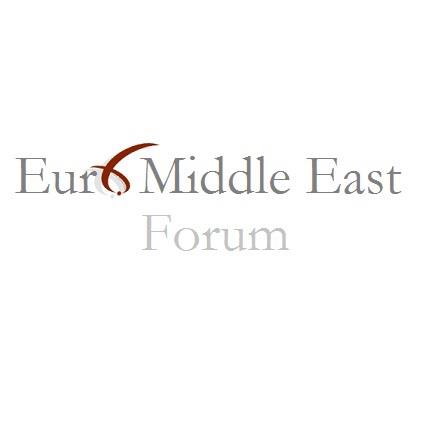CAIRO: “Everybody’s talking SMEs, said Karim Helal, Group CEO of CI Capital Holding, at the start of a Euromoney panel called “SMEs – Can they ride to the rescue?
SMEs, or small and medium enterprises, have, in the last couple of years, become all the rage. As banks and investment firms slice the pie of large corporates into smaller and smaller pieces, many have begun looking to vast, and largely untapped, market of smaller businesses.
But, as with any new enterprise, there isn’t yet an institutionalized or well established framework for small and medium business to seek financing. Plotting the way forward, said Samir Radwan, from GAFI’s board of trustees, was the panel’s aim.
“One of the main [groups] responsible to achieve the potential of SMEs, said Helal, “are the investment banks. and we’re not doing that.
What most of the panel agreed was that SMEs have yet to find a simple path to the equity and debt markets. Many banks, they said, are still loath to loan to less established businesses.
Helal’s CI Capital is one of the few investment firms to establish a fund directly targeting SMEs, though others are quickly beginning to do the same.
Dina Khayat, managing director of the Arab African International Bank, argued that SMEs are far undervalued because for an SME to become successful, it has had to do so without support from the banks.
“People who have launched business and sustained them, she said, have done so “without help from anybody.
AAIB is due to open an SME direct investment fund later this year, in collaboration with the Industrial Modernization Center (IMC), reported Al-Mal. The fund will be capitalized at around LE 300-500 million and targets varied enterprises, but will focus on industrial services.
The process, Khayat said, for bringing these companies the financing they need will be slow.
“I think we need to look for ways the government can help without subsidizing or giving money directly, she said.
She suggested some sort of government led one stop shop through which SMEs can seek access to the equity and debt markets.
Josse Dora Fiani, CEO of Coface Egypt, lamented the lack of a “team culture in Egypt and encouraged SMEs to organize into “sectoral clusters.
The NileX exchange is meant to give SMEs easier access to the equity market. So far, though, the results have been mixed, said Heba El Serafy, director of research for the Egyptian Exchange.
Only a handful of SME’s have had IPOs, she said, as a result of the slowdown in the global economy.
“We’re currently working on preparing the trading environment so that SMEs can more easily go public, she said.
The NileX has relaxed listing requirements, she said, but hasn’t softened on disclosure requirements so that investors will feel more comfortable getting involved.
Nonetheless, the appetite for financing is there, said Adham Nadim, executive director of the Industrial Modernization Center.
A total of 600 survey results Nadim received from SMEs asked for a total of LE 8 billion in finance.
In 2008, he said, there were 2,260 first time exporters he said. Many of them were SMEs.
“They’re now ready to go out and interact with the world, he said.
The trick, though, will be whether the banks can establish a framework to help them do so.

